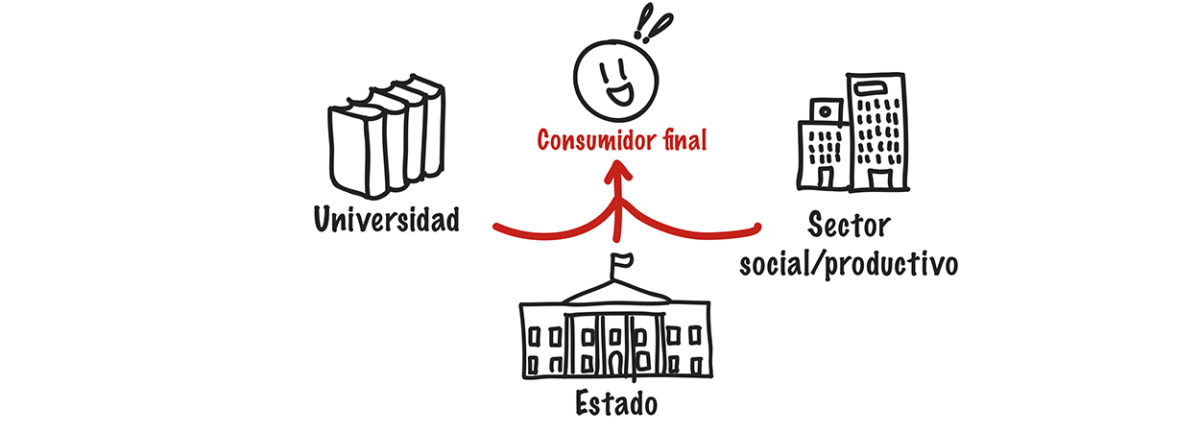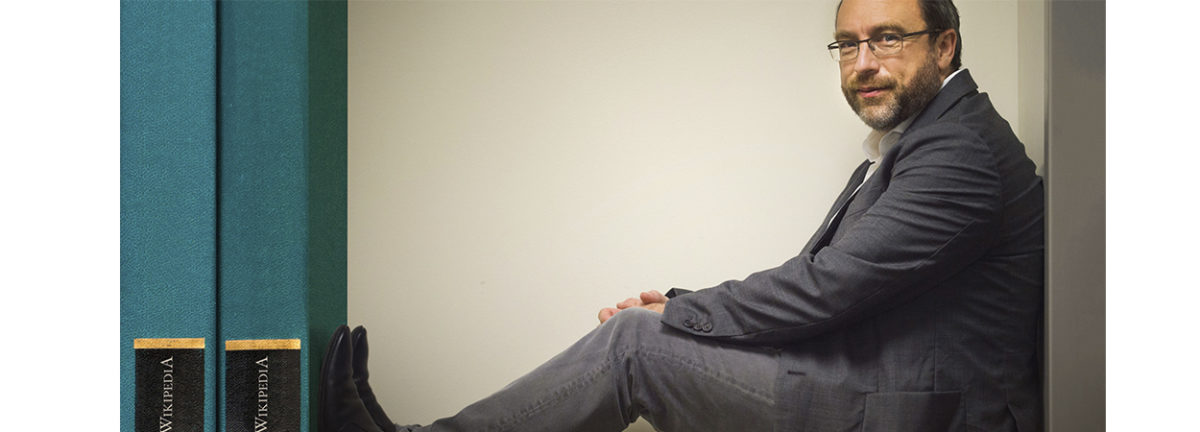Spotify, a company founded in October 2006 in Sweden and launched in Europe in 2008, demonstrates how 14 years are enough to innovate, be disruptive, work with new technologies and be simple.
Spotify was created by: Daniel Ek and Martin Lorentzon, both Swedish businessmen. The application began to listen to streaming music and began to gain strength due to its freemium model in different countries around the world. Today with a presence in 79 countries and more than 200 million active users.
What is freemium:
The freemium model is the combination between free and premium , this means that users are offered the possibility of enjoying a free basic service and in turn having advanced tools for paying users. One way to gain the trust of a user is to provide a service at no cost and, after learning about it and having a positive perception, start charging them for certain functions or privileges.
The platforms declared freemium must have a limited time for the use of the tool, a defined number of times to use it or defined users.
to which no one believed
A few years ago it was unimaginable to think that an application would have the official music of the artists available and that users could access it without resorting to piracy. Spotify is even considered to be an ally of the music industry because it allows revenue to return to the industry. The company has made high payments for music licenses and copyrights, which in many years did not allow it to make a profit; However, the company went public in 2018 and each time it is capitalized with the payment of user subscriptions, which grows at an exponential volume and the advertising that those who enjoy the free service listen to.
The success:
User experience : Spotify allows users to listen to music without internet, thanks to its download function. It also allows you to have playlists separated by genres or interests. Its multiplatform does not put any barriers to music-loving users, you can enjoy music on tablets, cell phones and computers.
Alliances : in a world where the collaborative economy increasingly demonstrates its strength and how good it is for business, the alliance that Spotify makes is designed to generate commodities for its users. Spotify makes alliances with telephone companies in the world so that the payment of users for the application is lower.
Social networks: the social media strategy has been a fundamental ally for the expansion of Spotify, since users can create playlists and follow people with whom they share musical tastes. Thus, Spotify saves on advertising costs and its community or active users organically make the content go viral.
Spotify and artificial intelligence
La compañía usa la inteligencia artificial para beneficiar a los usuarios y a su vez a los artistas. A los usuarios entregándoles listas personalizadas por gustos, las canciones y artistas más escuchadas del año, entro otros y a los artistas, ofreciéndoles aplicaciones como “Spotify for artist” que les ofrece ingreso alos artistas a una analitica en la que pueden saber cómo sus fans interactúan con su música, incluso tiene otra herramienta que les permite encontrar los usuarios más activos o sus “fans” y así, entregarles ventajas diferenciadas como entradas a los conciertos, envío de información a sus correos, entre otros.
Si usted no tiene Spotify, es el momento de conocer y navegar la herramienta; si ya la tiene en su dispositivo, les recomendamos esta lista de podcast dirigida a empresarios y líderes:
- BBVA Blink
- TED Talk Daily
- 13%
- The Frye Show






